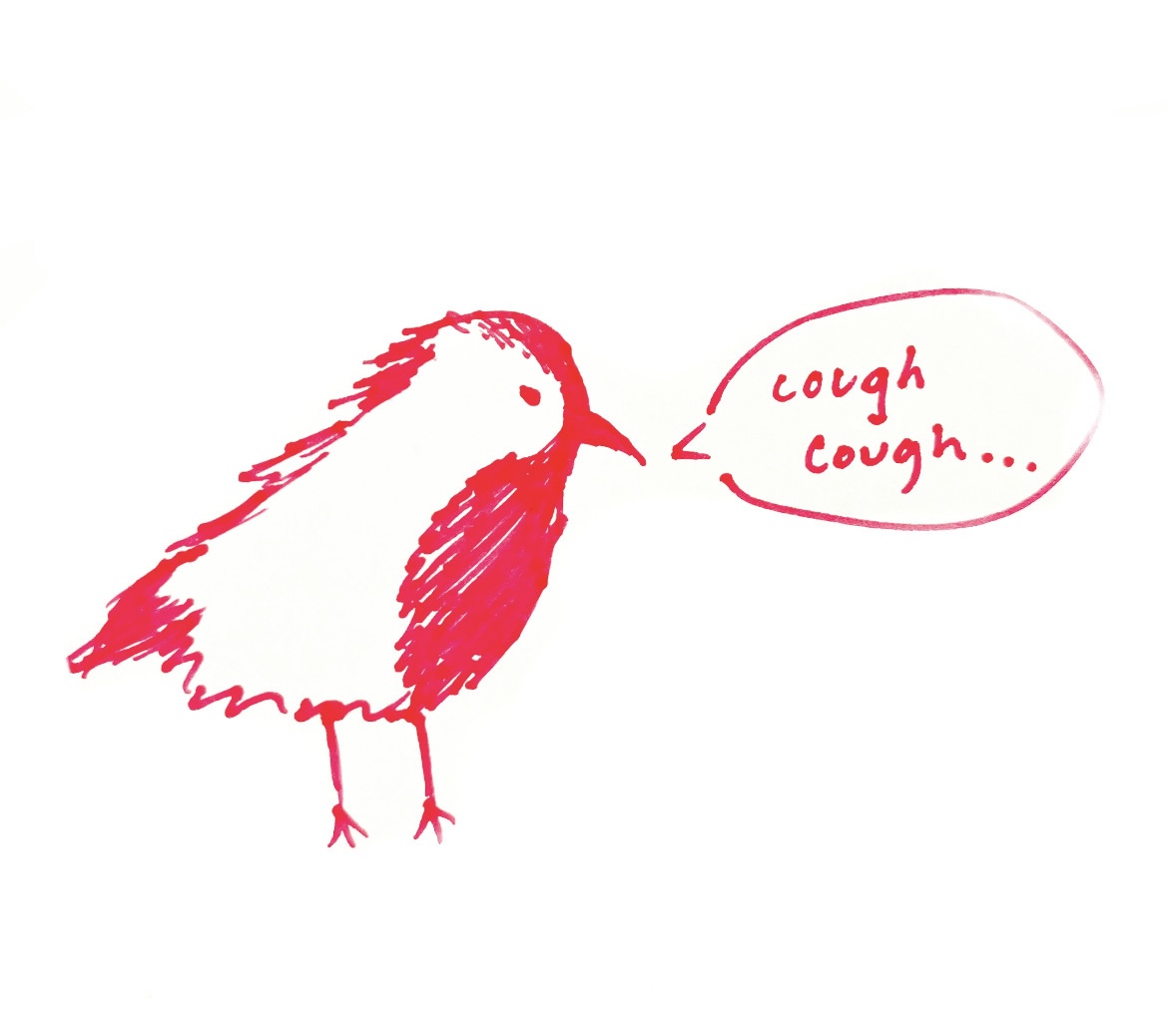
“What are you majoring in?”
After “What’s your name?” and “Where are you from?” this is one of the most common questions overheard in the hallways of a first-year residence hall, in classrooms of introductory courses or as students stroll together across Ankeny Field. When you step on campus as a first-year, people want to know more about you. And one of the factors that makes you unique is your major.
Majors form a bond allowing first-years to build relationships not only with each other, but also with older students working in the same field of study. When you share a major with someone, it’s easier to become study partners as well as friends.
Whitman students spend at least a third of their class time working toward fulfilling major requirements, and majors can have consequences reaching far beyond the classroom. Your choice of major can determine which peers and professors you spend time with in college, which job prospects you may have after graduating and which ideas and philosophies will shape your world view. While most students declare their major their sophomore year, certain majors have enough requirements that beginning coursework during your first year at Whitman is necessary to finish before graduation. Majors at Whitman are split into three divisions: the social sciences, the humanities and arts and the sciences.
But what happens if you, like so many of us here at Whitman, simply do not know what you want to major in? What if you loved math in high school and decided you wanted to major in that in college, but discover in Encounters that you are really good at analyzing ancient and seemingly obscure texts? What if when someone asks you what you want to major in, you have zero idea? All of these reactions are normal. Whitman does not expect you to be ready to declare your major the moment you arrive in Walla Walla, but it is here to help you figure everything out.
The first step is finding what you love, what you enjoy doing. That is where each of Whitman’s academic departments come in.
Social Sciences
Majors in the social sciences examine individuals, groups and societies through a combination of reading and writing papers, and analyzing data from studies and surveys. Each major has a slightly different focus. For example, while sociology majors focus on patterns and correlations which determine the structure of groups and societies, politics majors examine power relations and economics majors analyze financial models and data. These majors provide the opportunity to explore a number of different topics and can be adapted to meet students’ interests. Subjects can range from the social pressure of American lawns to the effects of Wall Street culture on economics.
“Politics courses seek to understand power in every arena, so not just in the state, but also in economics, culture, religion, sexuality, ecology, law, race, language [and] art,” said senior politics major Allison Bolgiano.
The psychology major is unique among the social sciences in the emphasis it places on individuals, rather than groups. The psychology department, one of the most popular majors at Whitman, covers a number of different fields, including cognitive psychology and developmental psychology.
“I think everyone at some level has an interest in psychology because it is about people. We all want to know what makes us tick,” said senior psychology major Alan Pugh. “You can take a concept learned in a psychology class and see it in action with your friends just a few hours later.”
Humanities and Arts
The humanities and arts division encompasses a wide range of majors. While English, religion, philosophy and foreign language majors examine the use of words and ideas, majors in the visual arts, music and drama allow students the opportunity both to study and create works of art. While the connection between the arts and humanities is not always explicit, they share a common subjectivity: There is no single way to write or paint, only different methods of doing so.
“One of the unique things about [the] religion [major] is how many of the people and phenomena I study have such fundamentally different understandings of basic elements of existence than my own, including the meaning of good, the self, time or even the very concept of texts or language,” said senior religion major Ben Menzies.
It is essential for humanities majors to be open to different points of view. While understanding the message being conveyed by a text is key, it is equally important to understand the style the writer uses to communicate.
“Every English major has to take ‘Approaches to the Study of Literature,'” said junior English major Sam Adler. “When I took it, we read an incredibly eclectic group of texts ranging from Jacobean revenge tragedy to postmodern novella, and we were pushed not only to read very closely, but to make meaningful connections between texts and to be bold in our critical processes.”
While English majors examine writing specifically, language majors use literature, art and philosophy as a means of studying a particular language itself, such as Spanish, German or French.
“I chose the French major because of its broad range of material and time periods covered. French language and culture is very much shaped by its rich history, and the literature and poetry of each era reflects these shifts,” said senior French major Meghan Browne. “Through this in-depth exposure to the past, we are able to look at contemporary issues like nationality, ethnicity and gender roles and apply them to famous pieces of literature.”
The Sciences
Science majors have some of the most unique, demanding course loads on campus. With longer class hours and more prerequisites for upper-level courses, these students differ greatly from their peers in other divisions that allow students to be more fluid in their progression through their major. While other divisions have a wide range of introductory courses, most science students spend their first year taking “General Chemistry”, a year-long course which is a prerequisite for higher-level biology and chemistry courses. The prerequisite not only provides all students a basic foundation of scientific knowledge, but also tests potential majors’ commitment to the sciences.
In addition to having daily lecture-like classes in the social sciences, humanities and arts, most science courses involve a lab component. Each week students either carry out experiments on subjects covered during morning lectures or go on field excursions to explore ideas outside the classroom.
“[Biology] lab work involves some really cool hands-on opportunities. For example, in Ecology we were able to go bird banding, and I know several professors take students on research trips over the summer to places outside of Walla Walla,” said senior biology major Cindy Chang.
Whitman’s geology courses often take advantage of the additional time afforded for labs to give students field experience exploring regional geology and identifying different formations.
“Every geology course I’ve taken thus far has been memorable in its own special way, from yelling at computers for not doing the right thing in Excel, [to] studying for days on end in the same room with the same five people for one test or pulling all-nighters because we put off the petrology lab or the structural cross-section,” said senior geology major Grady Olson.
Courses in the sciences range from chemistry and biology to astronomy and mathematics, as well as one of the college’s most well-known majors: biochemisty, biophysics and molecular biology (BBMB).
A Crossroads of Life
While your choice of major impacts many aspects of life at Whitman, it is not a monolithic decision. Many careers can be pursued regardless of one’s major, and dual majors and minors allow students to create unique, diverse paths during their years at Whitman and beyond.
While some students may arrive at Whitman thinking they already know their major, your time at college can hold unseen opportunities and new interests. Every major is a unique experience, and each one leads to greater knowledge.








